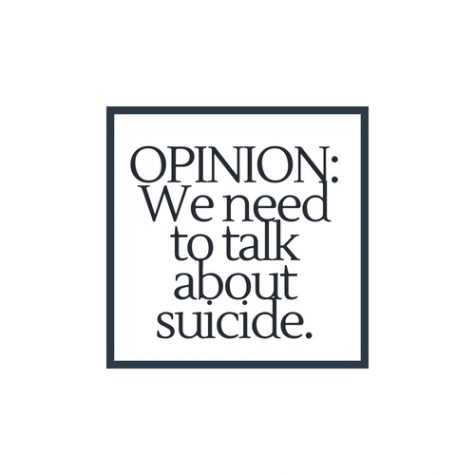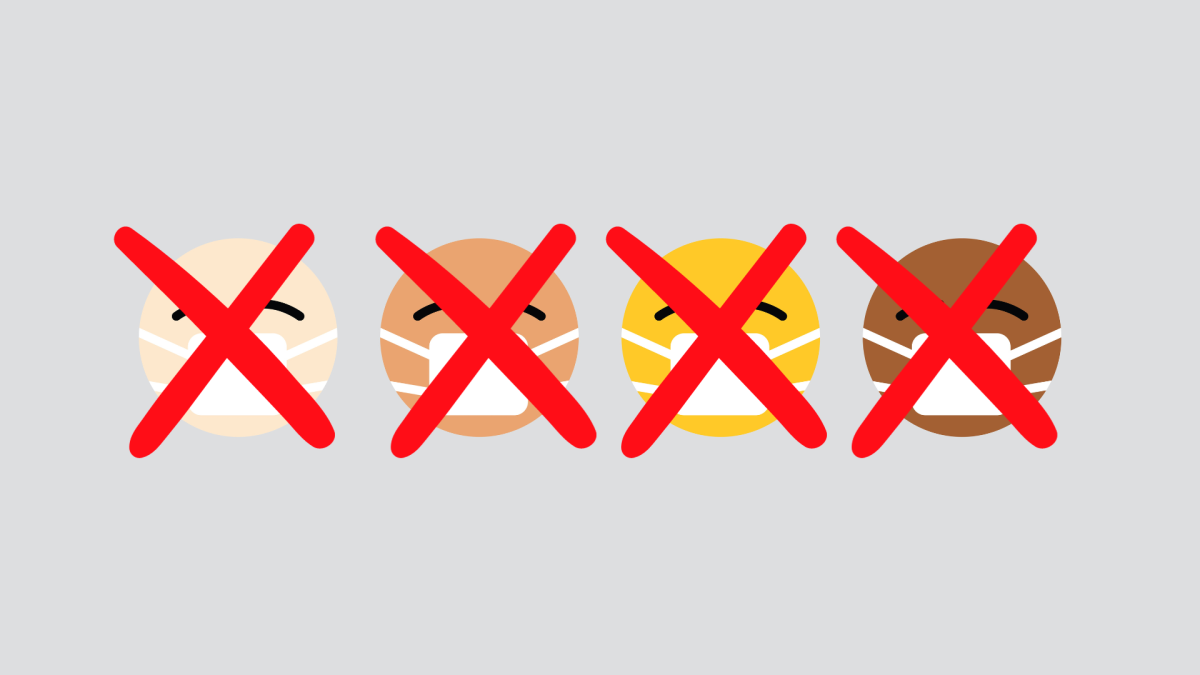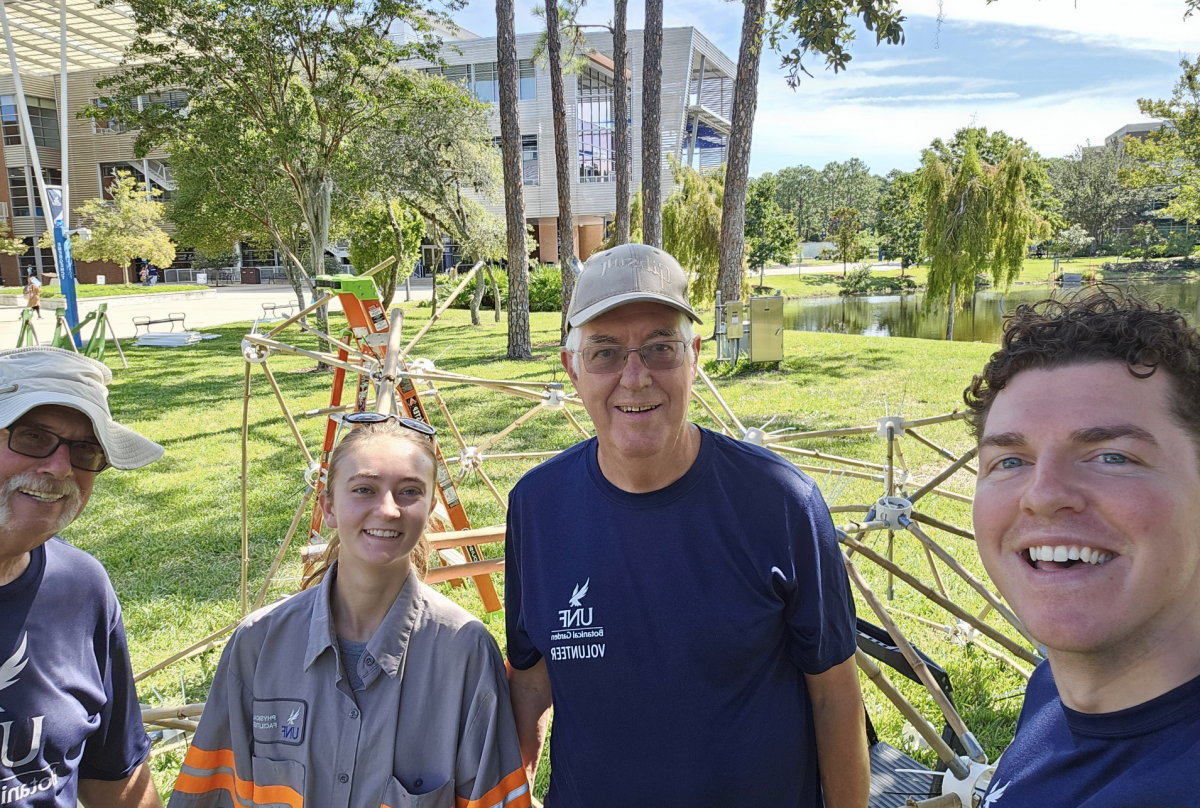
The past week has been very turbulent one: like many other societies, the U.S. values life over death, which explains why it’s always shocking to hear that someone committed suicide. As much as life is valued, it seems that genuine well-being is not taken as seriously because, surprisingly, there are stigmas and stereotypes around treating the causes leading to suicide, which is a useless but dangerous contradiction.
Earlier this year, celebrity DJ and producer Avicii (Tim Bergling) took his own life, and the entire world was stunned. Then, in the span of one week, designer Kate Spade and celebrity chef Anthony Bourdain have done the same. Many people are perplexed, and rightfully so. It is awful because as common as suicide is (and it is unfortunately so), society never expects a celebrity to take their own life. There’s the general perception that celebrities should be exempted from feeling anything related to depression because they are famous and have the financial wealth necessary to find cures. However, these people are human beings as well, and mental health issues do not care about the amount of money or fame a person may possess.
This perception needs to go away as fast as possible.
When celebrities die from suicide, there’s a general rally cry around mental health followed by silence because other topics need to be covered; this setting aside of social/mental difficulties is problematic because mental illnesses, such as depression, are silent killers, and it also shows the priorities of society… or at least of the news. Those societal or mainstream actions confirm stigmas and perpetuate unwillingness for further discussion around such topics.
It is time for a discussion; therefore, we must lay out a few facts to showcase the gravity of the situation, then find avenues leading to possible solutions.
According to a survey conducted by the Center for Disease Control, suicide rates have increased by 25 percent across the U.S. between the ages of 10 and 74 from 1999 to 2014. It is reportedly the second leading cause of death for college-aged youth. Additionally, suicide is actually the tenth leading cause of death in the U.S with 123 suicides per day. Moreover, improper media coverage seems to aggravate the situation because media outlets often do not follow the guidelines of suicide coverage that have existed since 1989. Studies have continuously shown that celebrity suicides have a devastating copycat effect based on how sensationalist media coverage may encourage others to follow suit.
It’s also time to acknowledge that suicide is a part of society, thus it needs to be addressed as any other topic. One in five American adults will experience mental health challenges, but few Americans will seek out help because of how things such as therapy or counseling are viewed in this society.
There are countless resources to help us all foster a sense of understanding. It is our responsibility to further research, understand, and empathize with mental health concerns such as depression, anxiety and so on. We must stop treating those concerns as irrelevant or unreal, and we should all use them to prevent tragedies as such.
It will never matter if you are a celebrity or not, everyone needs to take care of their mental well-being. If you are suffering from or know anyone who needs assistance regarding any mental health-related problems, please visit the UNF Counseling Center in Bldg. 2, Room 2300.
You can also call or refer the National Suicide Prevention Lifeline at 1800-273-TALK (8255) or visit the American Foundation for Suicide Prevention website, or SAVE.org.
—
For more information or news tips, or if you see an error in this story or have any compliments or concerns, contact editor@unfspinnaker.com.















